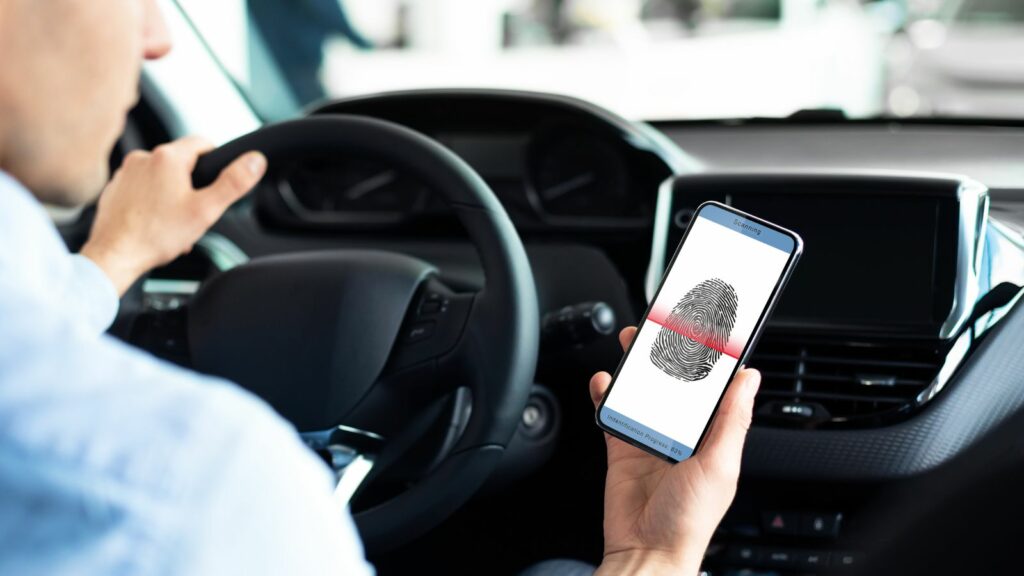The humble car key has evolved dramatically over the last century. From the metal keys of the past to modern smart fobs and push button ignitions, the way we start cars has continually changed with technology. Now, the next leap may be the most personal yet. Automakers and tech companies are exploring biometric identification systems that would require something unique to the driver a fingerprint, a face scan, or even an iris pattern—before a vehicle can start. What once sounded like science fiction is moving closer to reality, and it could completely reshape how we interact with our cars.
Why Biometric ID Is Being Considered
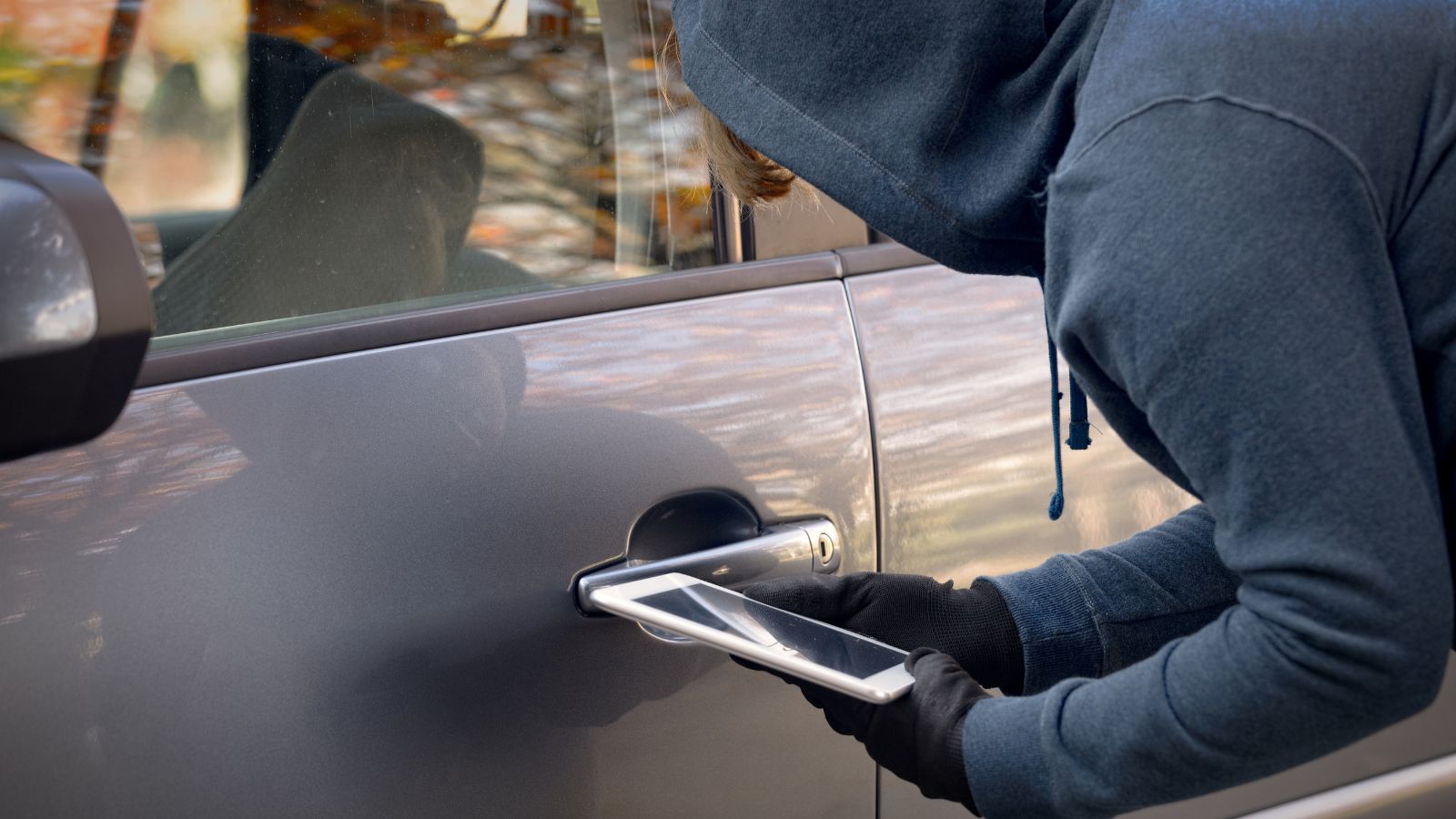
Car theft has become increasingly sophisticated. Criminals no longer rely only on breaking locks or hot wiring; they now use high tech relay attacks to capture the signal from a key fob and trick the car into unlocking or starting. These methods are fast, quiet, and often leave little evidence. Traditional security systems struggle to stay ahead of these criminals, which is why the industry is looking toward biometric security. Unlike a signal from a fob, a fingerprint or face cannot easily be duplicated, making biometric ID a more secure option for preventing theft.
How Biometric Car Security Would Work
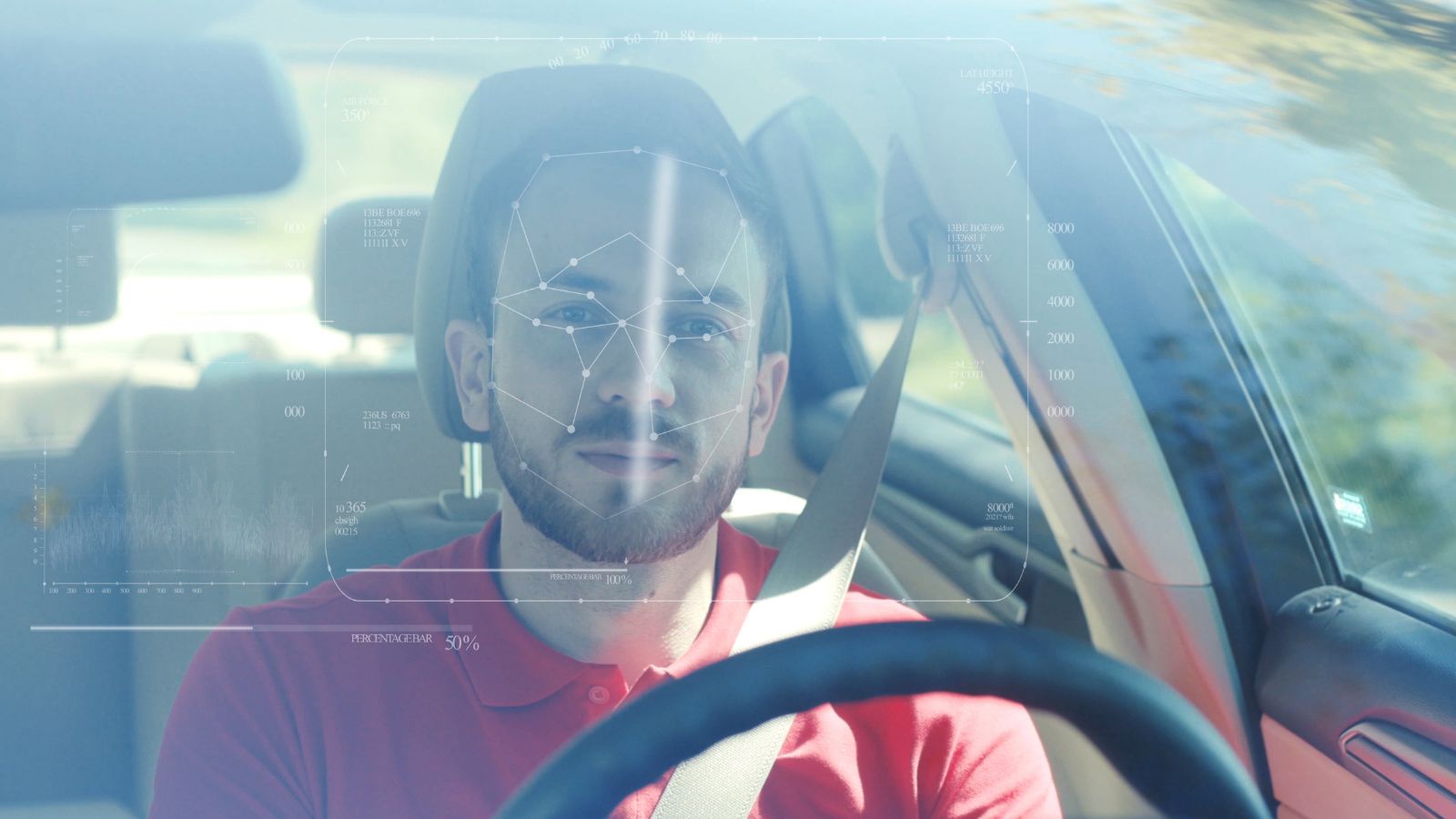
The concept is simple: a driver would authenticate their identity before the vehicle allows the engine to start. Fingerprint scanners could be built directly into the start button or door handle. Cameras inside the cabin could scan the driver’s face, and advanced systems might even use iris recognition for additional security. Once verified, the car would unlock and start normally. Automakers envision this system working seamlessly, so the driver barely notices the check. For added convenience, biometric data could also be linked to driver profiles, meaning the car would automatically adjust the seat, mirrors, and climate controls to suit the person who just authenticated.
Benefits Beyond Theft Prevention
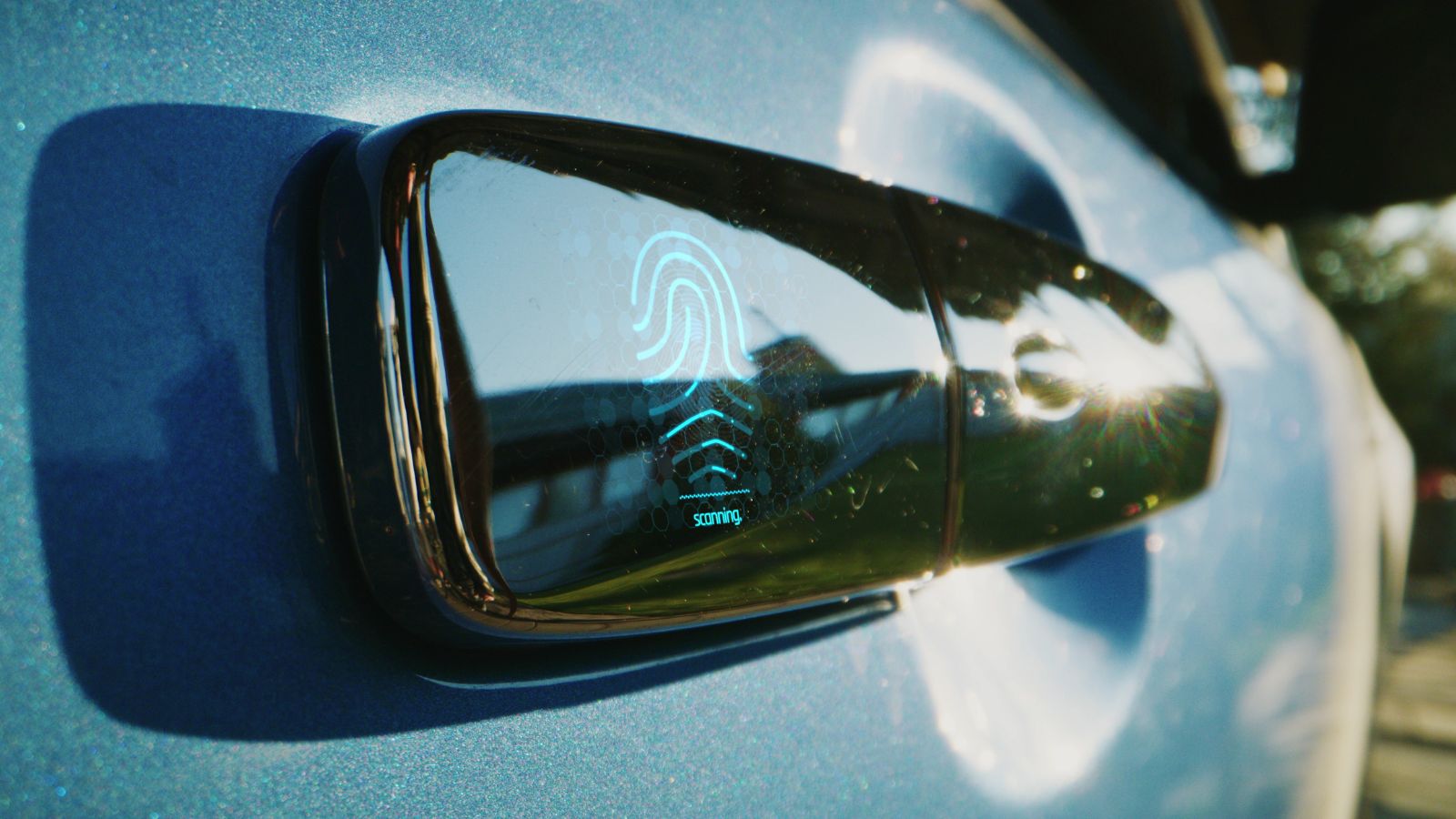
Biometric ID could do far more than just keep thieves away. Parents could use it to manage who has access to the family car, preventing teenagers from taking it without permission. In shared households, the car could automatically recognize each driver and load their preferred music, navigation settings, and even driving mode. Rental car companies could use biometrics to eliminate physical keys altogether, allowing renters to access vehicles instantly without paperwork. Fleet managers could keep track of which employee is using which car at any given time. Insurance companies may even offer discounts if biometric systems prove effective at reducing theft claims.
Concerns About Privacy and Security

As with any technology that involves personal data, privacy will be a major concern. Drivers will want to know how their biometric data is stored and whether it can be hacked. Automakers will need to ensure that sensitive data is encrypted and protected, ideally stored locally in the vehicle rather than on remote servers. Reliability is another concern. If the system fails to recognize a driver due to poor lighting, dirty fingers, or technical glitches, it could leave someone locked out or stranded. Backup systems, such as PIN codes or key fobs, will be essential to build trust in the technology.
Current Experiments and Prototypes

This technology is not purely theoretical. Several automakers have already tested versions of biometric ID in concept cars. Luxury brands in markets like China and South Korea have experimented with fingerprint start systems and facial recognition for vehicle access. Tesla has hinted at deeper biometric integration in future models, while suppliers like Bosch and Continental are developing hardware for broader use. These early systems are proof of concept, showing that the technology is feasible and could be scaled up once costs come down and consumer demand grows.
How Soon Could Biometric Cars Arrive
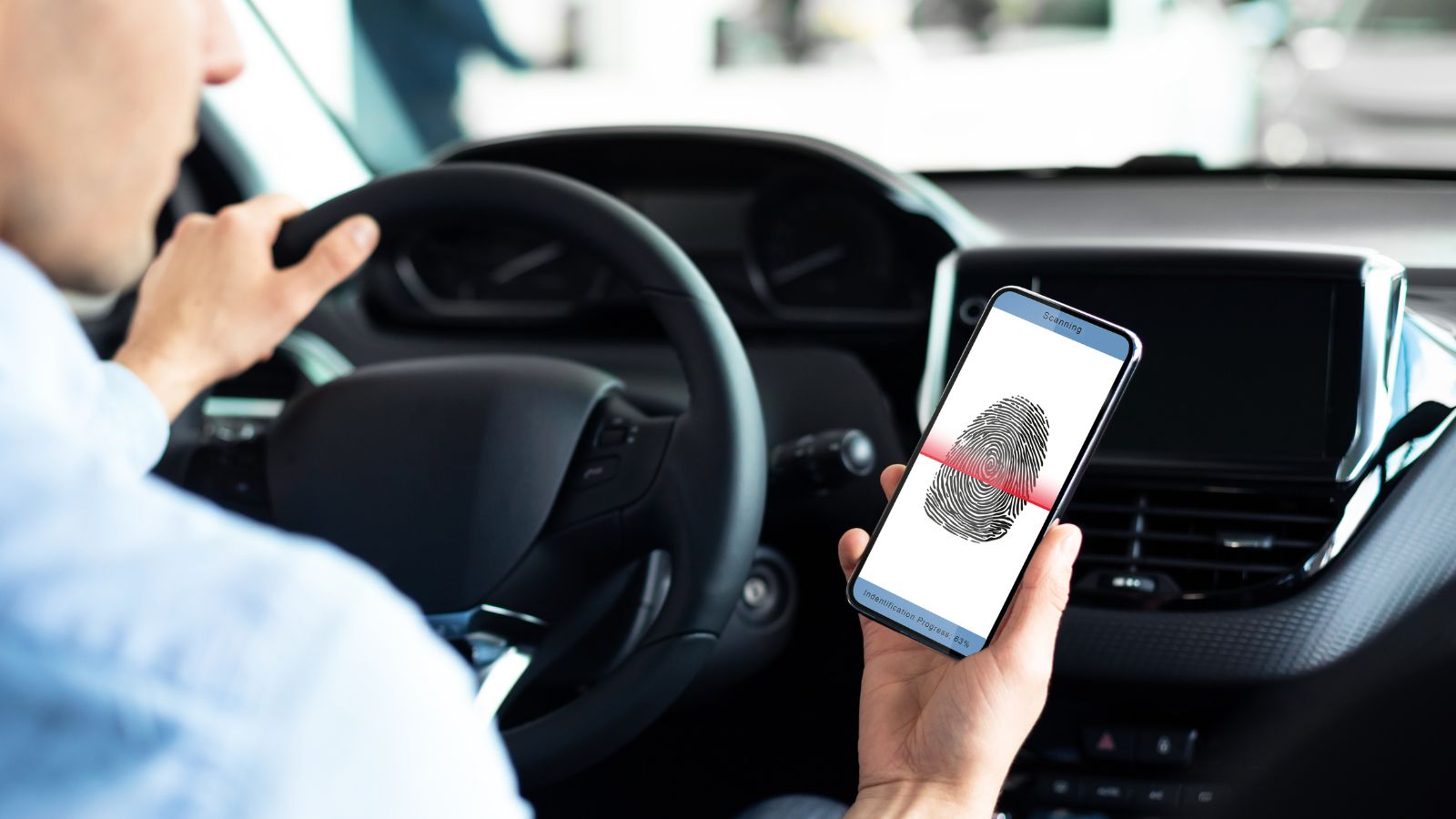
Industry experts believe biometric ID could start appearing in mainstream vehicles within the next five to ten years. Luxury brands will likely adopt it first, since their customers expect cutting edge features and are willing to pay more for advanced technology. From there, as costs decrease and drivers become comfortable with biometrics in everyday life already common in smartphones and laptops mass market brands could follow. The adoption timeline will also depend on how governments regulate biometric data and how automakers balance convenience with privacy protections.
Potential Cultural Shifts in Driving

If biometric ID becomes common, it could change more than just car theft statistics. The simple act of starting a car could become more personalized, with each driver essentially logging into the vehicle the same way they would log into a computer or smartphone. This personalization could make driving feel more tailored, but it also raises questions about who truly owns the data a car collects. For many drivers, the idea of a car storing fingerprints or facial maps may feel too intrusive, meaning automakers will need to strike a balance between innovation and public comfort.
ID To Proceed
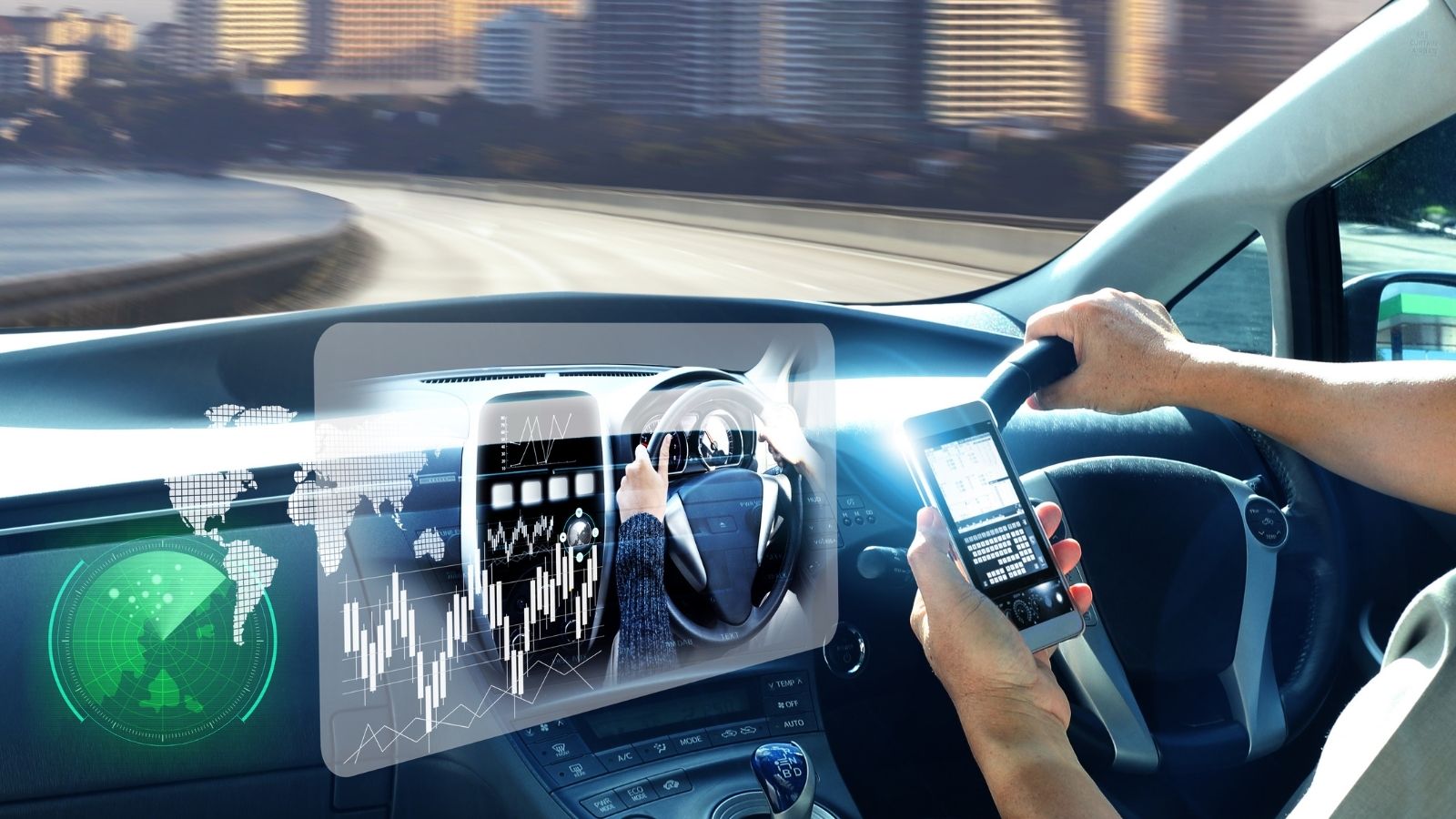
Biometric ID for cars is no longer just an idea for futuristic concept shows. With theft becoming more advanced and drivers expecting technology that mirrors their digital lives, the shift toward biometric authentication feels inevitable. The benefits are clear: greater security, more personalization, and potentially lower insurance costs. But the challenges privacy, reliability, and trust are equally significant. Automakers will need to prove that this technology is not only secure but also practical in daily life. As with push button start a decade ago, what feels futuristic today could soon become the standard way cars operate.
25 Facts About Car Loans That Most Drivers Don’t Realize

Car loans are one of the most common ways people fund car purchases. Like any other kind of loan, car loans can have certain features that can be regarded as an advantage or a disadvantage to the borrower. Understanding all essential facts about car loans and how they work to ensure that you get the best deal for your financial situation is essential. Here are 25 shocking facts about car loans that most drivers don’t realize:
25 Facts About Car Loans That Most Drivers Don’t Realize
